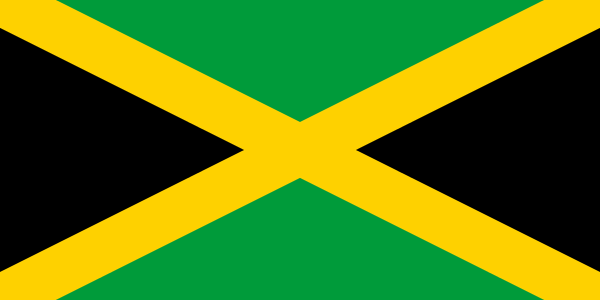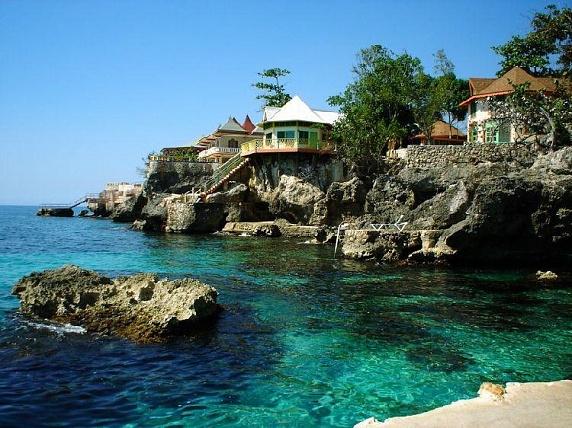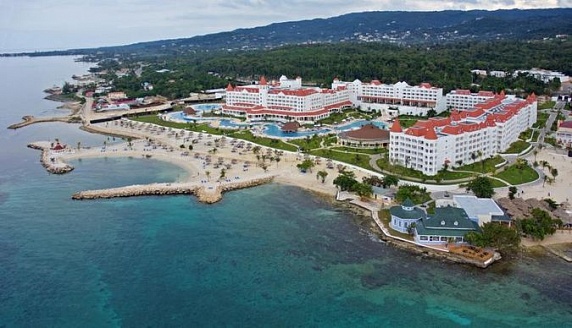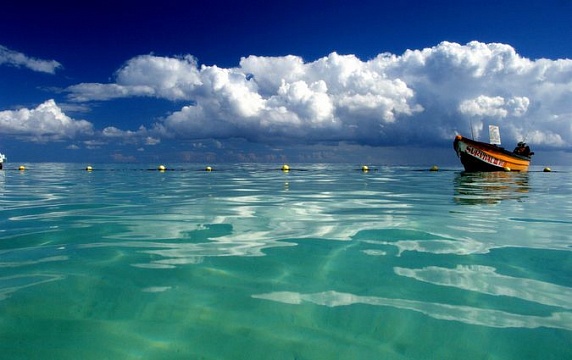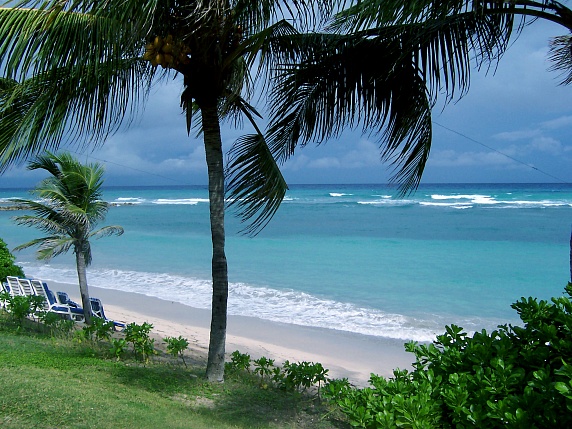 Jamaica
Jamaica
Remarks by Permanent Representative of the Russian Federation to the International Seabed Authority (ISA) Sergey Petrovich during the 29th Session of the ISA Council, Kingston, Jamaica, March 18, 2024
The International Seabed Authority was established under the 1982 UN Convention on the Law of the Sea and is called upon to enforce the legal regime established by it for the Area proclaimed as “the common heritage of mankind.” However, several states that are not parties to the 1982 Convention are undermining this regime and encroaching on its resources unilaterally.
For example, on December 19, 2023, without contacting the Commission on the Limits of the Continental Shelf, the United States announced the establishment of the outer limits of its continental shelf beyond 200 nautical miles from the baselines which are used to measure the breadth of the territorial sea in seven areas of the world ocean. The US has unilaterally claimed rights to a total seabed area of approximately 1 million square kilometres.
Such unilateral actions contravene the 1982 UN Convention on the Law of the Sea and pose a threat to the integrity of the Convention and the Area declared as the “common heritage of mankind.”
The absolute majority of countries that establish the boundaries of their continental shelf beyond 200 nautical miles do so in accordance with Article 76 of the 1982 Convention through receiving recommendations from the Commission on the Limits of the Continental Shelf as to whether the seabed areas in question are part of the continental shelf. The limits of the shelf established by a coastal state based on the Commission’s recommendations are final and binding for all.
This is the only internationally recognised procedure for assigning parts of the seabed to the continental shelf based on geological and other scientific data.
As we gather in this auditorium today, we would like to remind everyone once again that the 1982 Convention incorporates the provisions of customary law of the sea and the rules agreed upon by states at the Third Conference on the Law of the Sea. The interconnection of these norms in the text of the Convention was the key to balancing the interests of developed and developing countries, making it possible for the international community to successfully regulate various activities in the world ocean.
Instances where some states select from the Convention the provisions that they find convenient to implement and reject those that impose certain obligations on them are untenable and undermine the delicate balance achieved in what is known as the constitution of the oceans.
Furthermore, by acting unilaterally, the United States not only gains additional advantages for itself and limits the rights of other states to access the resources of the Area, but also, as a non-party to the Convention, exempts itself from paying royalties for the use of continental shelf resources beyond 200 nautical miles.
In light of this, we once again urge the United States to ratify the 1982 Convention and to duly adhere to its provisions, assuming the full range of rights and obligations therein.
Based on the above, the Russian Federation declares that it does not recognise the outer limits of the continental shelf that were unilaterally established by the United States.
We strongly reject the selective approach of the United States towards the provisions of international law where it emphasises its rights while completely disregarding its obligations. In this context, we have repeatedly noted the untenable nature of the attempts undertaken by the United States to manipulate the provisions of the 1982 Convention. We regard these steps as yet another instance of the “rules-based order” promoted by Washington, where the rules depend on the current circumstances regardless of the legitimate rights and interests of other states.
